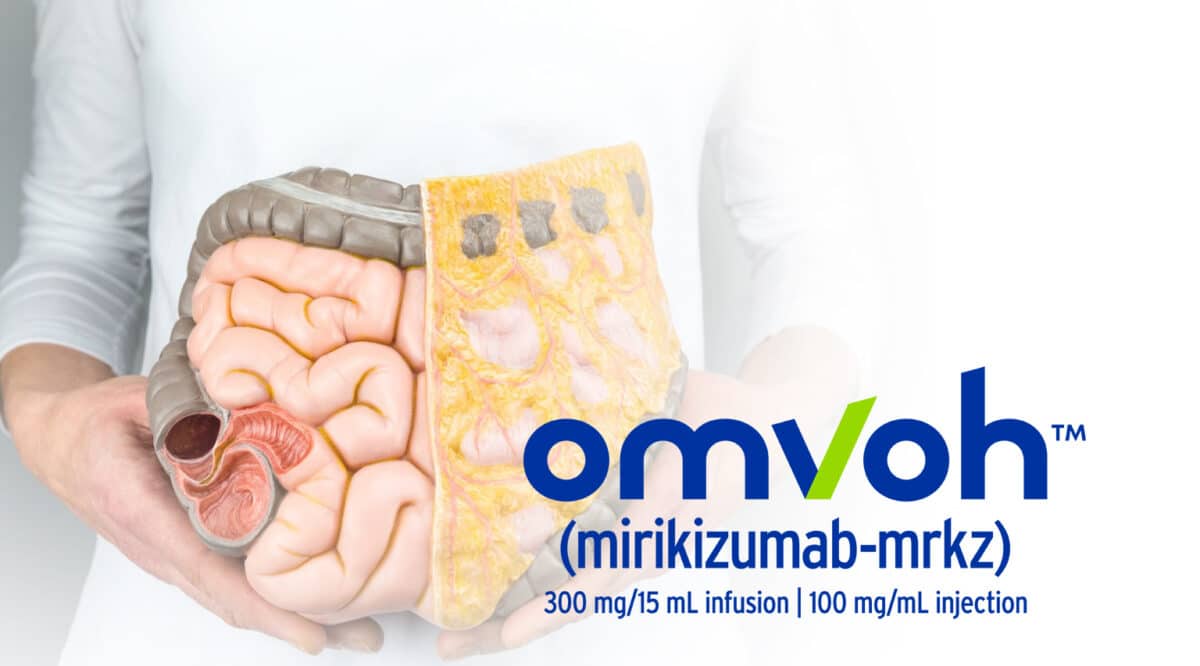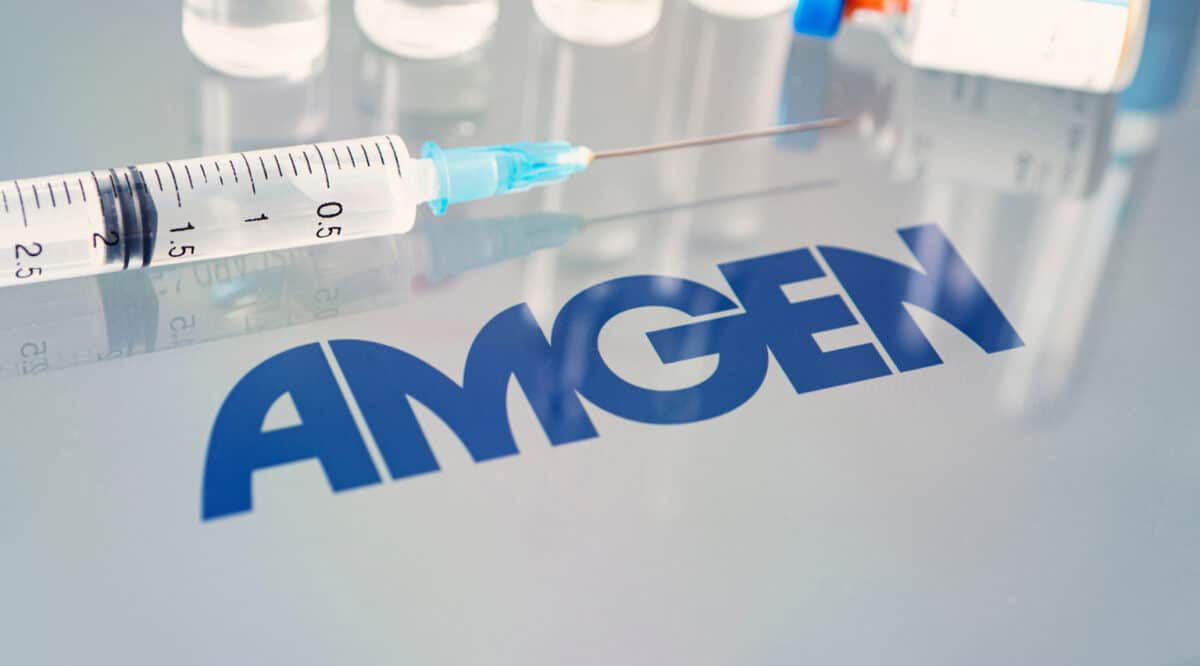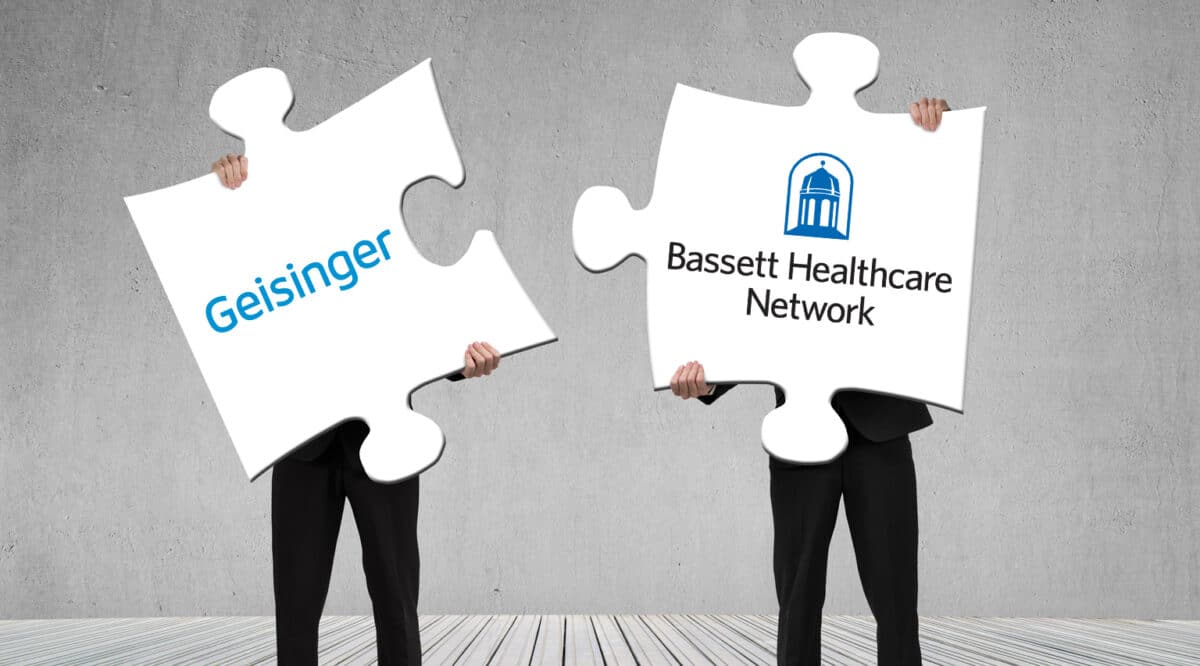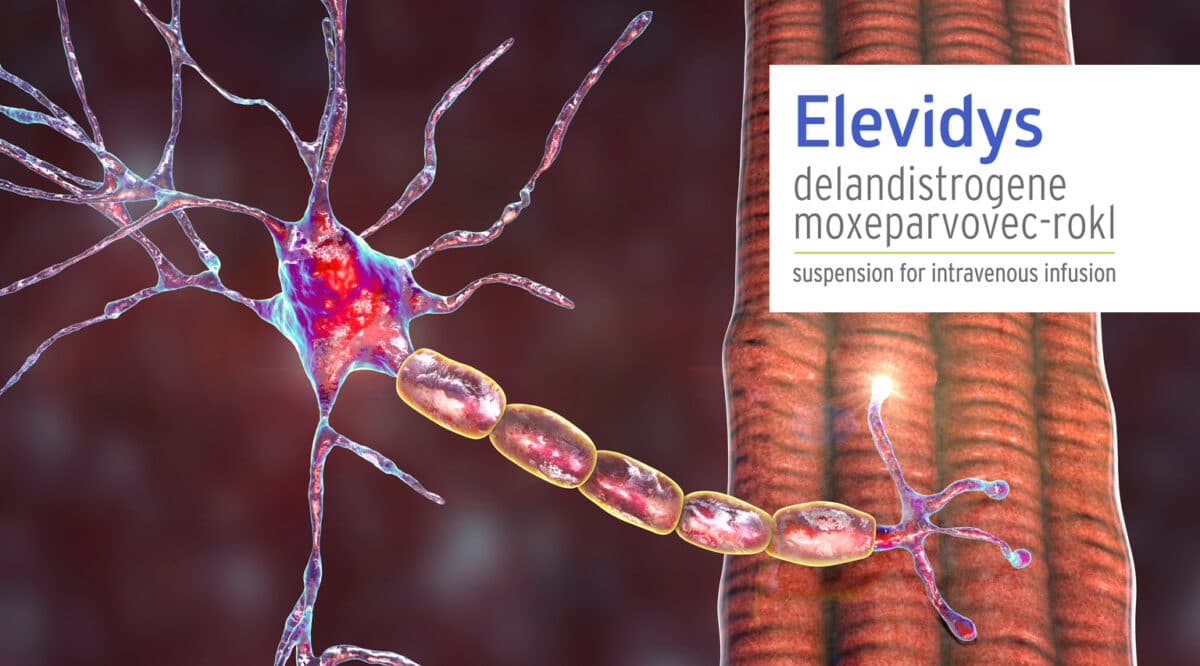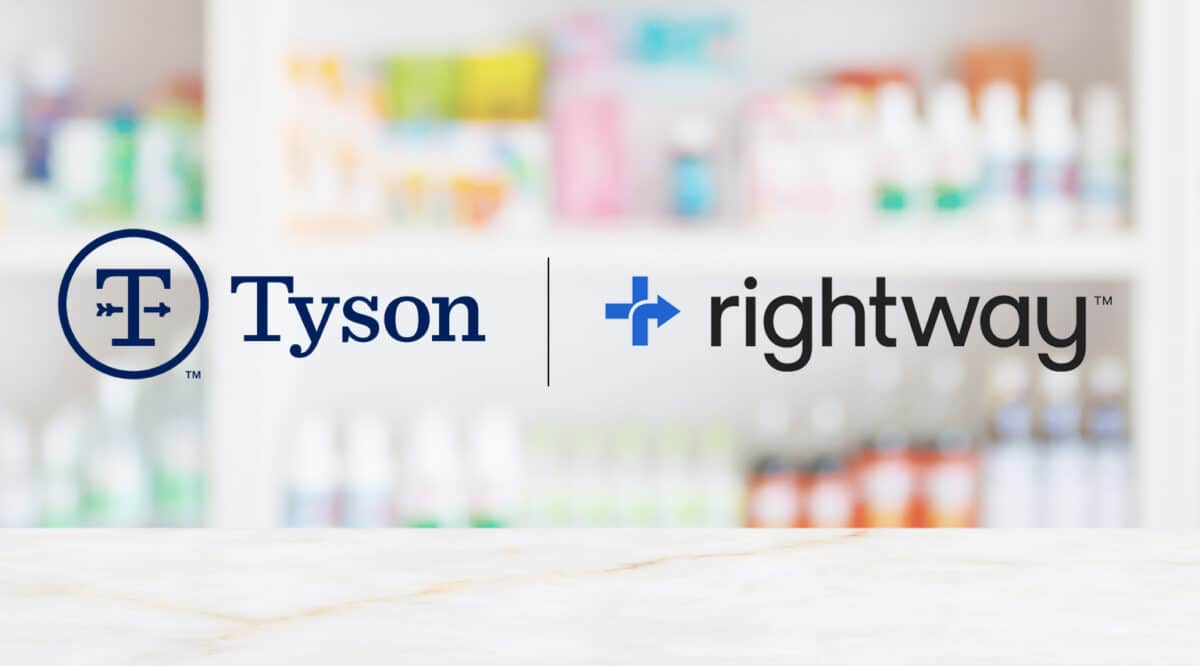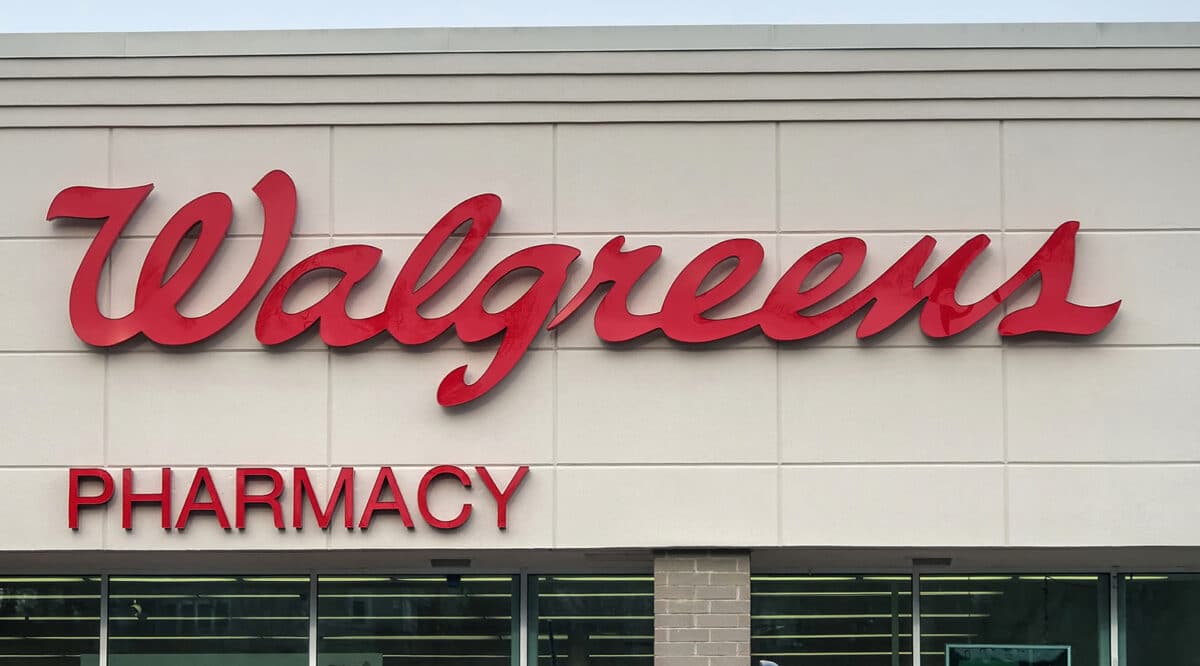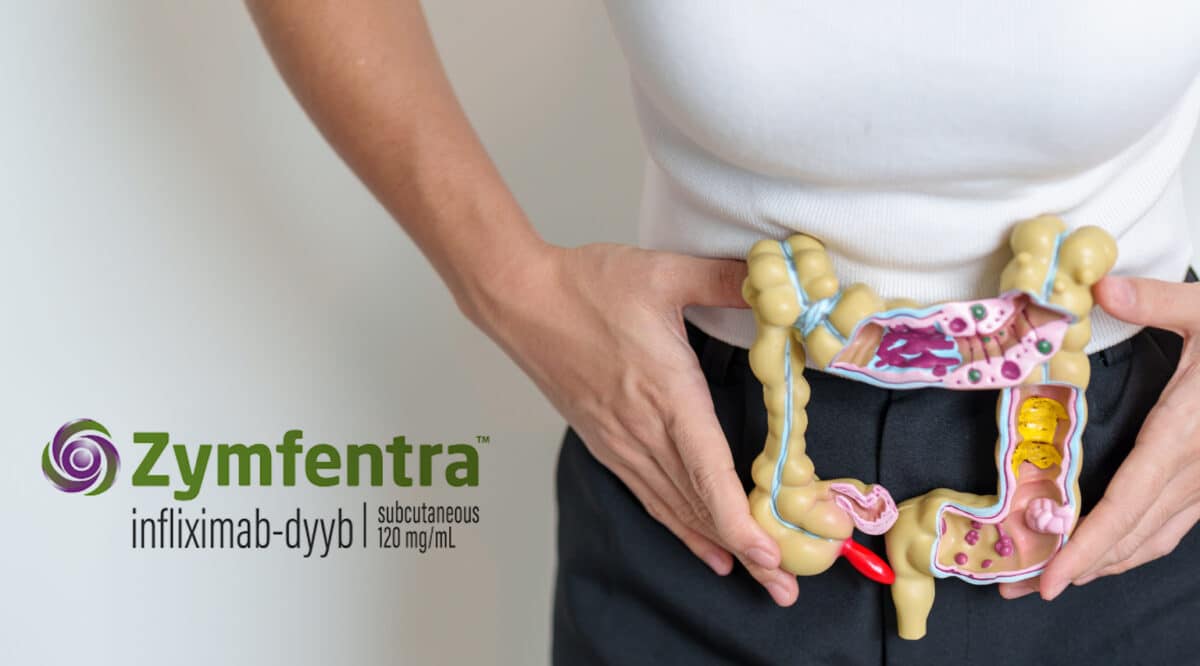……catching up on FDA approvals
The FDA approved an oral therapy, Zurzuvae (zuranolone) from Biogen Inc./ Sage Therapeutics, Inc.) Zurzuvae is a neuroactive steroid gamma-aminobutyric acid (GABA) A receptor positive modulator indicated for the treatment of postpartum depression (PPD) in adults.
About 1 in 8 women in the U.S. (that’s about .5 million out of 3.7 million live births in the US) experience symptoms of postpartum depression following birth. Postpartum depression lasts for weeks or months. It generally starts about 1-3 weeks after giving birth.
This approval came about a number of months ago….. but the companies indicated that launch would be delayed till Q1-2024.
The package insert specifies that Zurzuvae should be administered with fat-containing food. It has a recommended dosage is 50 mg orally once daily in the evening for 14 days. Other strengths are available to down dose in the event of CNS effects, Renal, or Hepatic impairment. Approval included a black box warning….. especially related to CNS concerns. There is no mention relative to continuation of this therapy past the initial 14 days.
Most noteworthy is the price set by the companies….. $15,900 for just the two-week course of treatment.
Biogen /Sage has yet to issue any details as to distribution. Given its price, relatively limited demand, and need to monitor for warnings and reactions, it is likely going to be made available through limited distribution.
——————————————————————————————–
Biogen, Sage set price of postpartum depression pill at $15,900
Biogen and Sage Therapeutics will charge a sticker price of nearly $16,000 for a two-week course of their new postpartum depression drug Zurzuvae, the companies revealed Tuesday.


